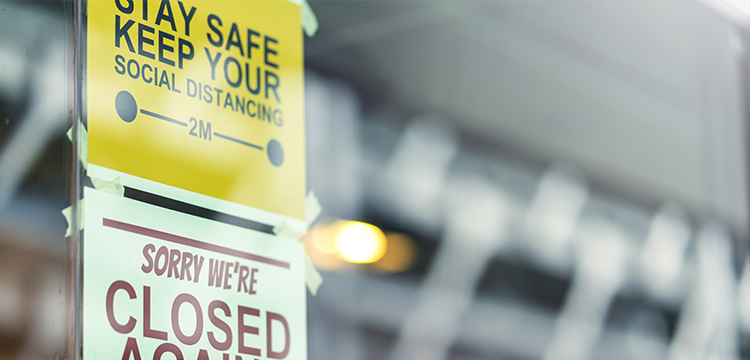Both Sweden and New Zealand have featured in our discussions before and for very different reasons they are in the Covid news again. Earlier this year, Sweden's state epidemiologist Anders Tegnell asked that the country's pandemic management approach which was a relatively hands-off one be judged in the Autumn when it has had time to prove itself. He may be regretting that statement now. The hope was that a degree of herd immunity would develop in the population but there is precious little evidence of that at the moment. Hospitalisation rates in the country are rising faster than anywhere else in Europe and in Stockholm one in five Covid tests is returning positive. Critics of the government's approach point out that per capita infection rates are nearly four times higher than in neighbouring Norway and eight times higher than in Finland, Sweden's other next-door neighbour. Mr Tegnell did not particularly inspire confidence this week when he admitted that there were a number of aspects of herd immunity that were unclear.
Despite these negative indicators the government is continuing with its policy of hands-off management, encouraging citizens to demonstrate self-discipline and socially distance wherever they can rather than rely on centrally-imposed restrictions. There is also something of a localised approach with regions that are experiencing higher rates of infection having their own tailored guidance. But there are an increasing number of well-qualified critics inside Sweden who are urging the government to change course and abandon a hands-off policy which they argue is demonstrably not working. The evidence that herd immunity is an effective proposition is very slim indeed.
On the other side of the world, and indeed at the other end of the pandemic management spectrum, is New Zealand. On Friday 13th (an ominous date in some cultures) 100,000 workers in Auckland were asked to stay at home for the day. This involved a new outbreak that involved precisely one person. That person is a female university student who also has a part-time job who tested positive with no known source of infection. Unfortunately the student, who was told to self-isolate on Wednesday when taking the test after displaying symptoms, ignored this instruction and went into work (her job is in a customer-facing role). On Thursday she tested positive and is now as a result in quarantine along with two of her friends even though they are both feeling well. The list of potential contacts who she might have infected is a daunting one and demonstrates how virus management situations can quickly get out of control. They include her work colleagues, several Uber drivers, staff in four restaurants and cafes, residents in her apartment block and staff at a large department store. Should any of those people have been infected their capacity to pass it on to others is significant.
The New Zealand case is interesting for several reasons. It is firstly a reminder how one specific case can have huge repercussions, in this case causing 100,000 people to be confined to home base. In some countries, a disproportionate number of Covid cases have been traced back to so-called 'super spreaders' who have a large number of contacts, although there is no specific evidence that the student is in this category. The other interesting aspect is the response by the government, what it itself calls 'an abundance of caution'. It is a very different response than that seen in Sweden. But the evidence so far, certainly as far as the public health situation is concerned, appears conclusive. Sweden has nearly 17,000 cases and 600 deaths per million of the population whilst New Zealand has reported 399 and 5 respectively. Without wishing for one moment to trivialise this grim situation, if this was a competition then New Zealand would currently appear to be well ahead of the game.
Wayne Bartlett is an author for accountingcpd. To see his courses, click here.

You need to sign in or register before you can add a contribution.